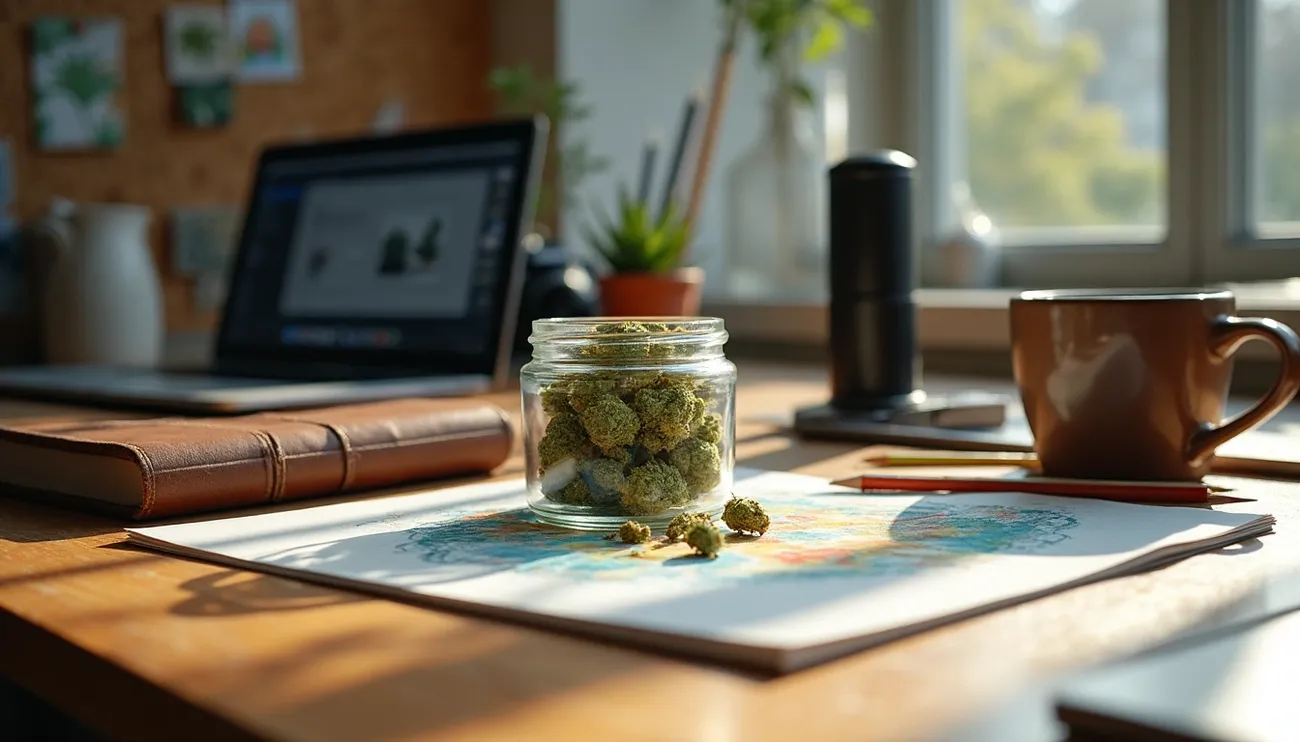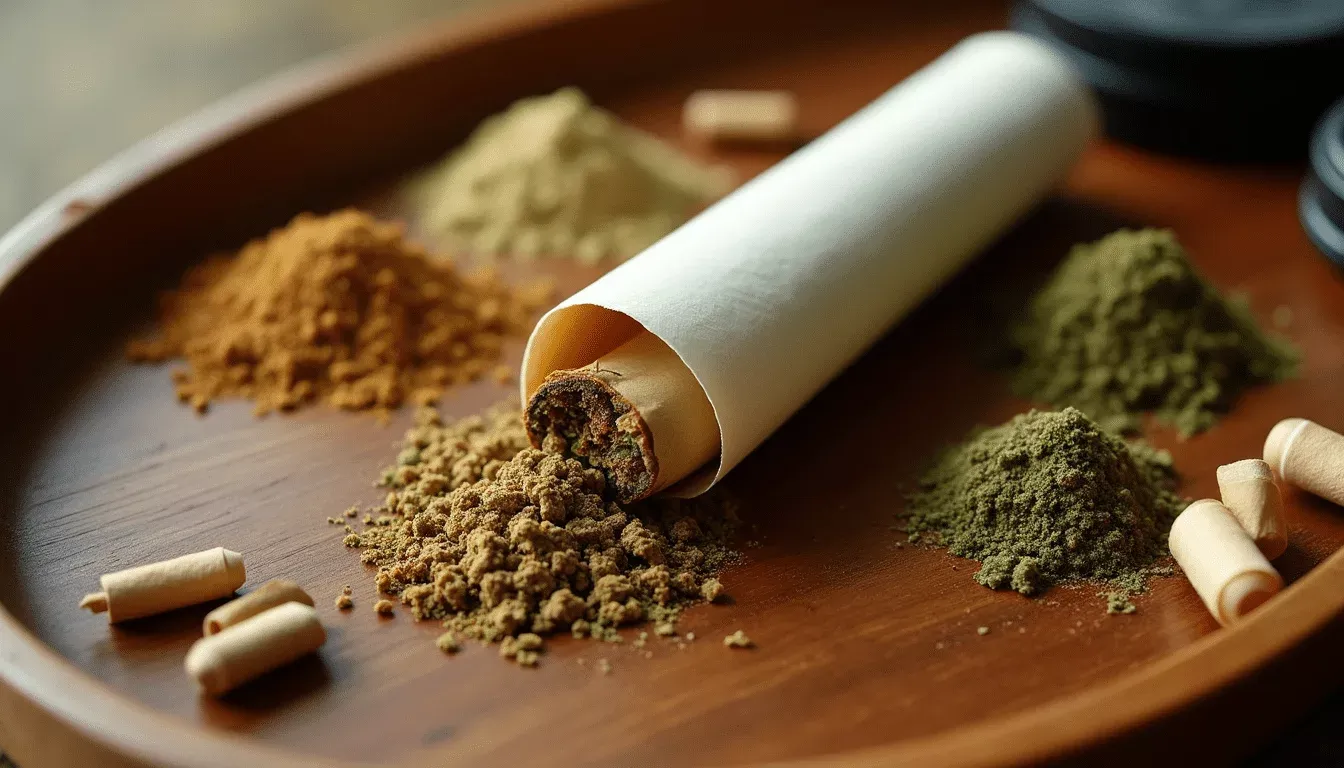Can CBD help with altitude sickness
If you’ve ever taken a trip to the mountains or trekked at high elevations, you might have experienced that unwelcome feeling known as altitude sickness. Characterized by headache, nausea, and fatigue, this condition affects countless adventurers every year. As more people seek natural remedies for various health issues, the question arises: Can CBD (cannabidiol) help alleviate the symptoms of altitude sickness? In this article, we’ll explore the nuances of altitude sickness, the potential benefits of CBD, and provide practical tips for relief that you can consider.
Understanding Altitude Sickness
Altitude sickness, clinically known as acute mountain sickness (AMS), occurs when you ascend to elevations above 8,000 feet (about 2,400 meters) too quickly. At these heights, the body struggles to obtain enough oxygen, leading to a variety of symptoms. A recent study indicated that approximately 20% of people who ascend to altitudes over 8,000 feet will experience AMS to some degree, with risks increasing significantly at altitudes above 13,000 feet.
Symptoms of altitude sickness can range from mild to severe and may include:
-
- Headaches
-
- Nausea and vomiting
-
- Fatigue
-
- Dizziness
-
- Difficulty sleeping
In more severe cases, altitude sickness can progress to high altitude cerebral edema (HACE) or high altitude pulmonary edema (HAPE), both of which are life-threatening conditions. Proper acclimatization, staying hydrated, and descending to lower altitudes are commonly advised treatments. However, with the increasing popularity of CBD, many are curious about its potential as a remedy for altitude sickness.
How CBD May Offer Relief
CBD, a non-psychoactive compound found in cannabis, has gained traction for its therapeutic properties. Research indicates that CBD may possess anti-inflammatory, anti-nausea, and neuroprotective effects, which could be beneficial for those suffering from altitude sickness.
One of the primary symptoms of altitude sickness is headache, often caused by increased intracranial pressure and inflammation. Studies suggest that CBD’s anti-inflammatory properties can help reduce these responses, potentially alleviating headache symptoms. A study published in the Journal of Experimental Medicine found that CBD can effectively suppress chronic pain and inflammation—both of which could be at play when ascending rapidly to high altitudes.
Nausea is another common symptom associated with altitude sickness. A 2011 study highlighted that CBD could suppress nausea and vomiting through its interaction with the serotonin receptors in the brain. While more research is needed specifically on altitude sickness, these findings indicate CBD may provide relief for nausea, making it a promising option for those experiencing discomfort at high altitudes.
Furthermore, CBD may help improve sleep quality and reduce anxiety. Staying calm and well-rested can enhance acclimatization; thus, incorporating CBD into your pre-trip routine might just be worth considering. For example, taking a CBD oil tincture before bed on the night before travel could help ensure you get a restful night’s sleep before your trek.
Practical Tips for Using CBD
Before jumping into CBD as a potential remedy during your high-altitude adventures, there are some important considerations and tips.
1. Choose the Right Format
CBD comes in various forms, including oils, gummies, capsules, and topical creams. When selecting the right type for you, consider your specific needs. For quick relief, CBD oil or tinctures can be effective as they are absorbed quickly into the bloodstream. Gummies or capsules may take longer to take effect but can be a convenient method for regular dosages.
2. Start Low and Go Slow
When starting with CBD, it’s advisable to begin with a low dose and gradually increase it. Everybody’s body reacts differently to CBD, so finding your optimal dose is essential. A common starting point is around 10-15 mg of CBD, which you can adjust according to your body’s response.
3. Stay Hydrated
This tip goes hand-in-hand with using CBD. Proper hydration is crucial when heading to high altitudes. According to the American Lung Association, dehydration can exacerbate symptoms of altitude sickness. Make sure to drink plenty of water, and consider incorporating electrolyte-rich beverages.
4. Acclimatization is Key
While CBD can provide symptomatic relief, remember that acclimatization is the most effective way to prevent altitude sickness. Ascend gradually, allowing your body time to adjust to the decrease in oxygen levels. Spend a day at intermediate altitudes and take breaks to rest your body, especially if you start feeling symptoms.
5. Consult with a Healthcare Professional
Before adding CBD to your regimen, especially if you’re on medications or have underlying health conditions, consulting a healthcare professional is a wise move. They can provide tailored advice based on your health history and needs.
Final Thoughts
As our understanding of cannabinoids and their potential benefits grows, so does the interest in their application in various health contexts, including altitude sickness. While CBD shows promise in mitigating some symptoms associated with altitude sickness—such as headaches, nausea, and sleep disturbances—more research is needed to establish definitive claims. However, incorporating CBD into your wellness practices during high-altitude excursions, alongside proper acclimatization and hydration, may enhance your overall experience.
So, as you plan your next mountain getaway, consider exploring CBD as a part of your toolkit for tackling altitude sickness. Remember, what works for one person may not work for another, so take the time to discover your best approach to high-altitude adventures. Have you used CBD during your mountain travels? Share your experiences and thoughts—community insights can be an invaluable resource!
For more information on CBD and its potential benefits, check out Healthline. Until your next adventure, happy travels!
FAQ: Can CBD Help with Altitude Sickness
1. What is altitude sickness?
Altitude sickness, also known as acute mountain sickness (AMS), occurs when you cannot get enough oxygen from the air at higher elevations, leading to symptoms like headache, nausea, and fatigue.
2. Can CBD help alleviate symptoms of altitude sickness?
While research on CBD’s effectiveness for altitude sickness is limited, its potential anti-inflammatory and anti-anxiety properties may help manage some symptoms, such as headaches and nausea.
3. How does CBD interact with the body to potentially help with altitude sickness?
CBD interacts with the body’s endocannabinoid system, which regulates various physiological processes, possibly helping to reduce inflammation and anxiety associated with altitude sickness.
4. Are there any side effects of using CBD for altitude sickness?
CBD is generally considered safe, but it can cause side effects such as drowsiness, dry mouth, and changes in appetite. It’s important to consult a healthcare professional before using it, especially at high altitudes.
5. What’s the best way to use CBD for altitude sickness?
If considering CBD for altitude sickness, options like oils, capsules, or edibles may be used. It’s advisable to start with a low dose and monitor how your body responds.
Related: hemp seed oil benefits
Share this content:



